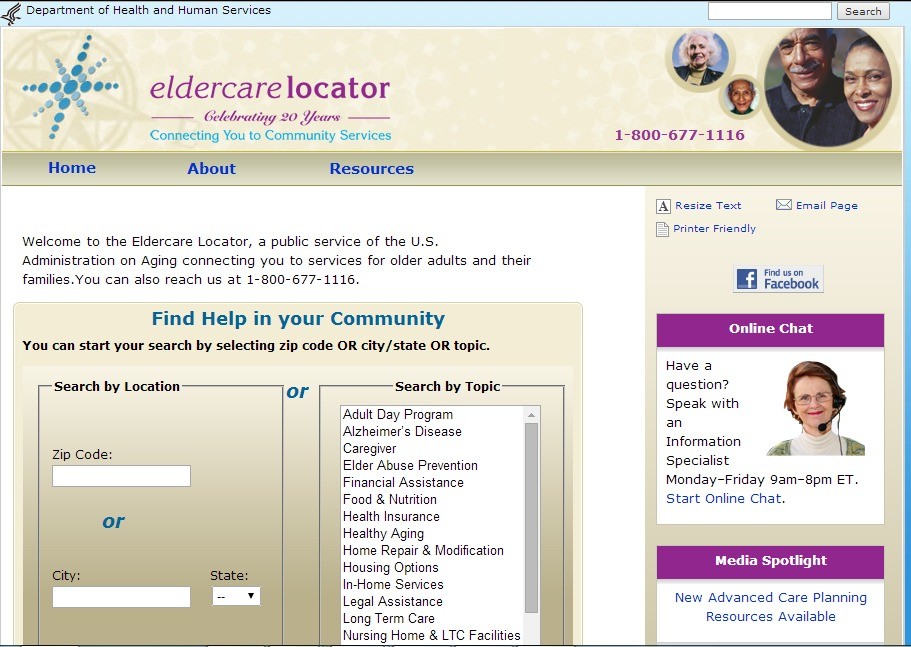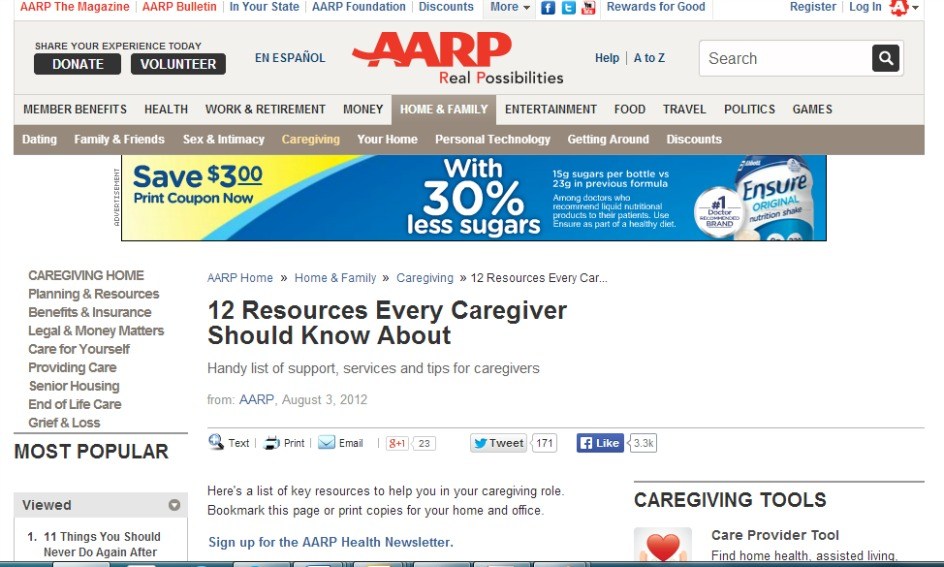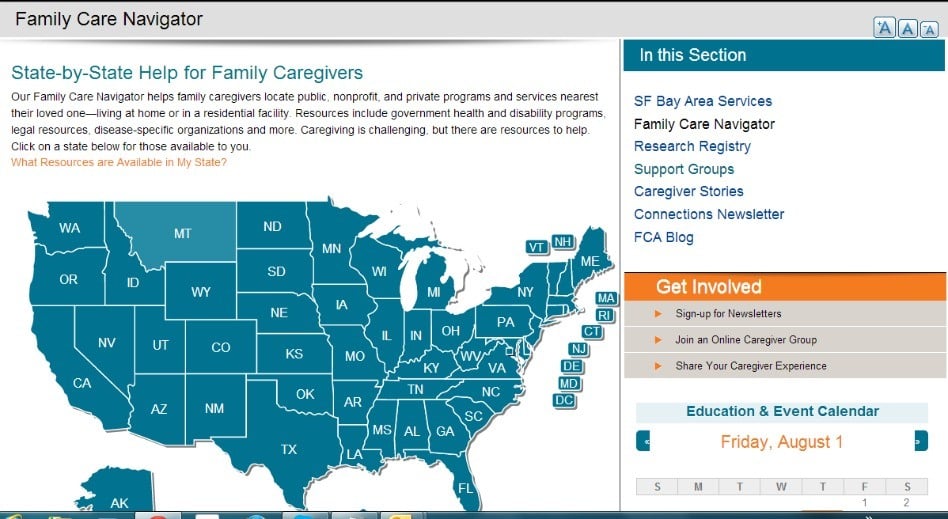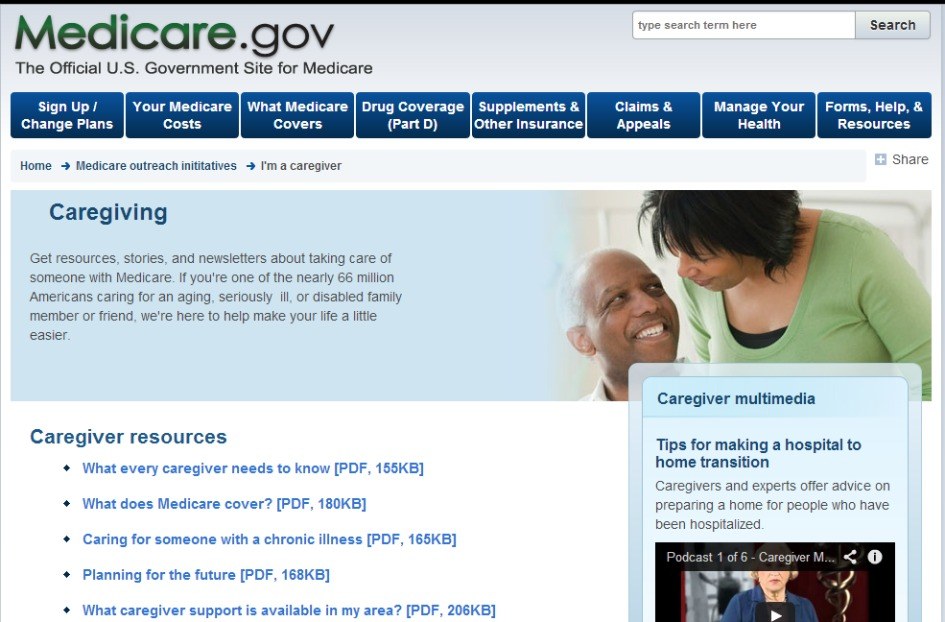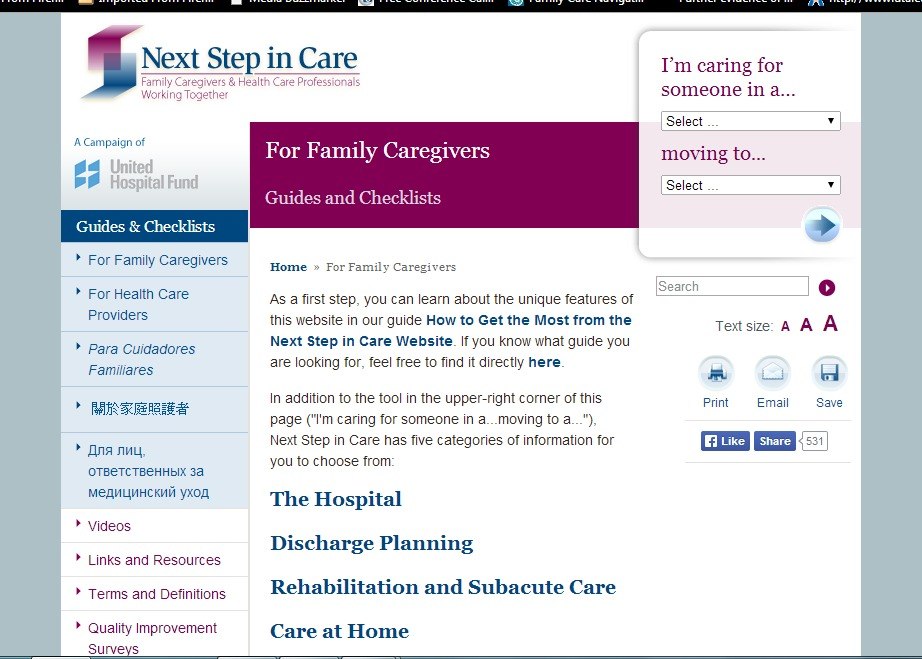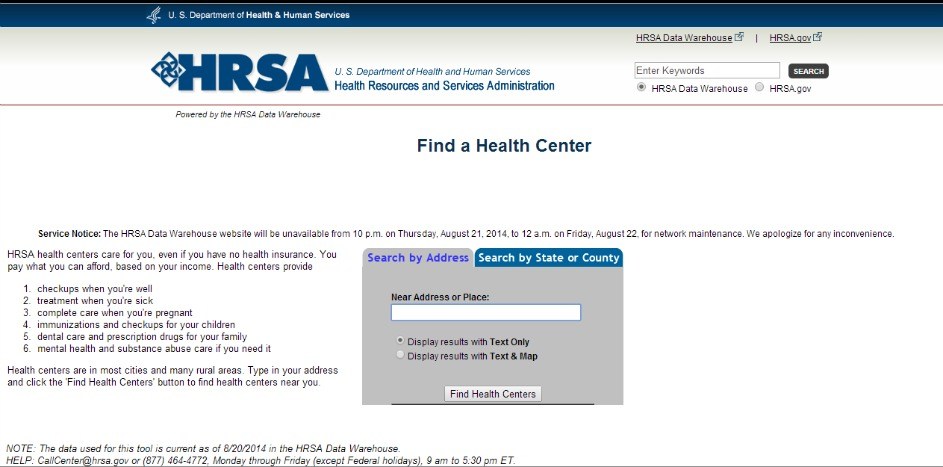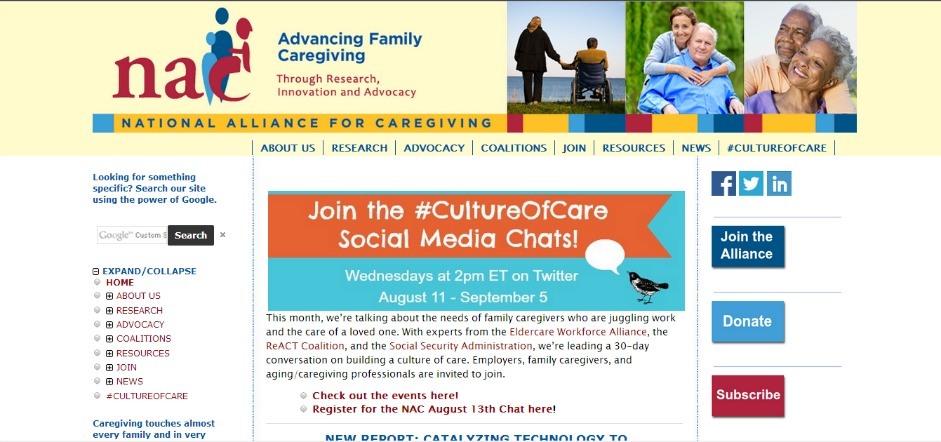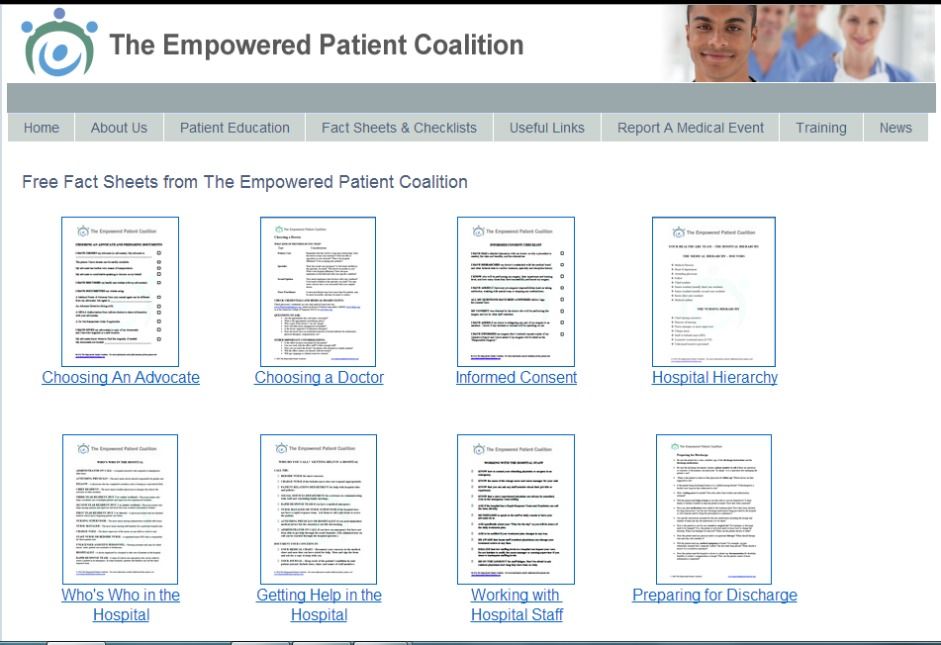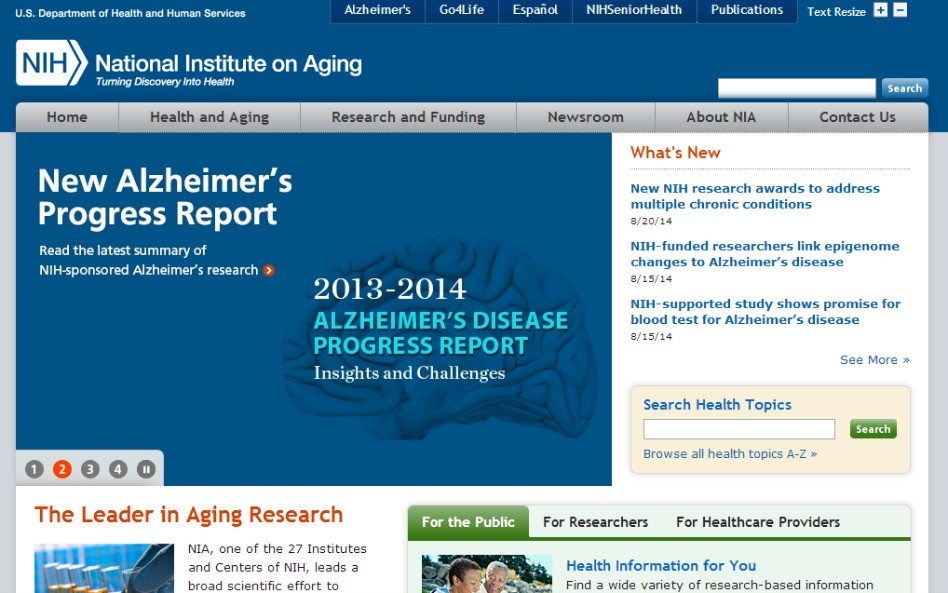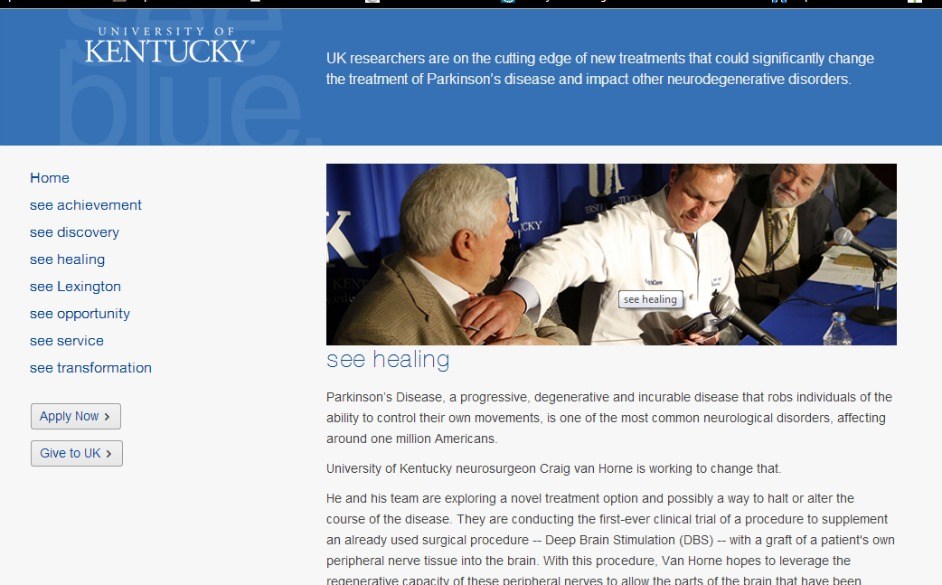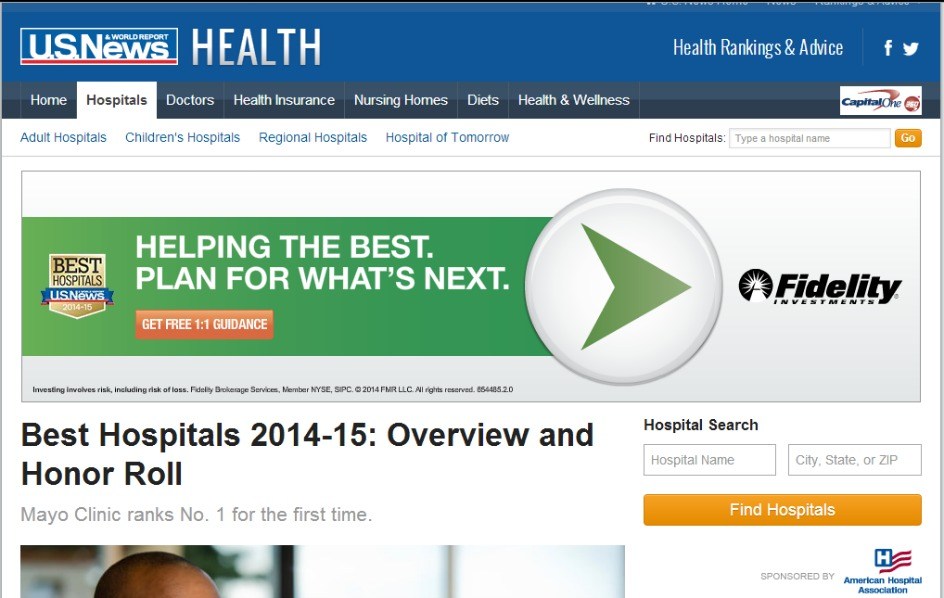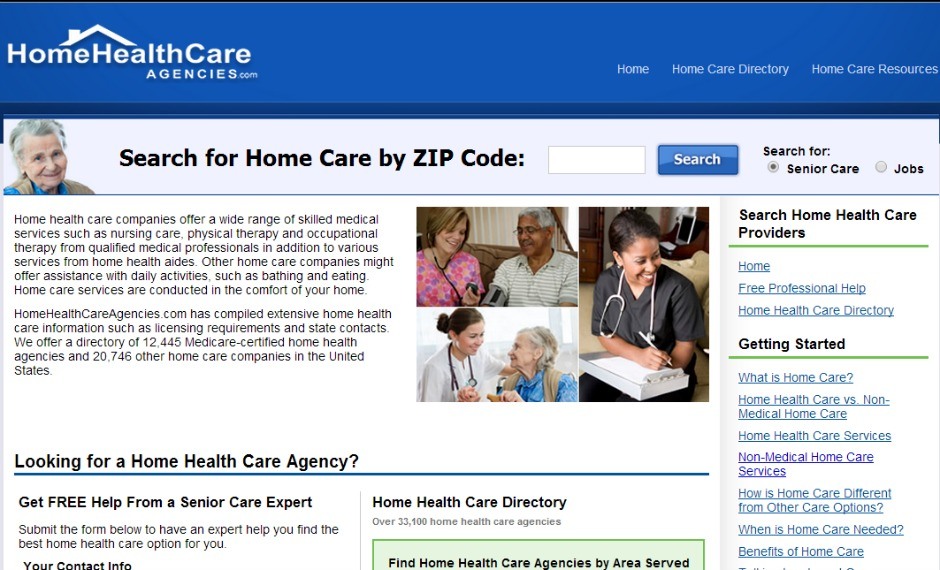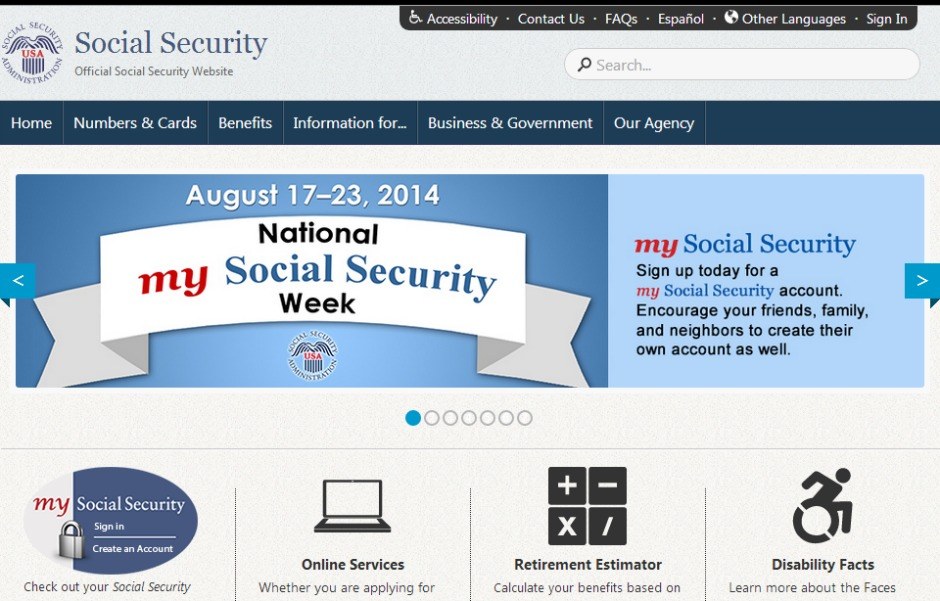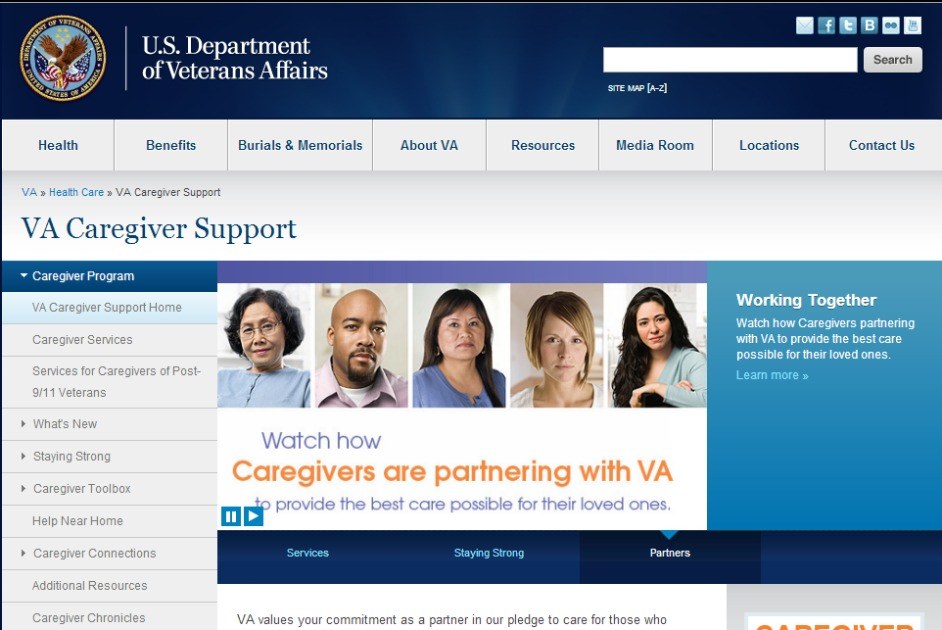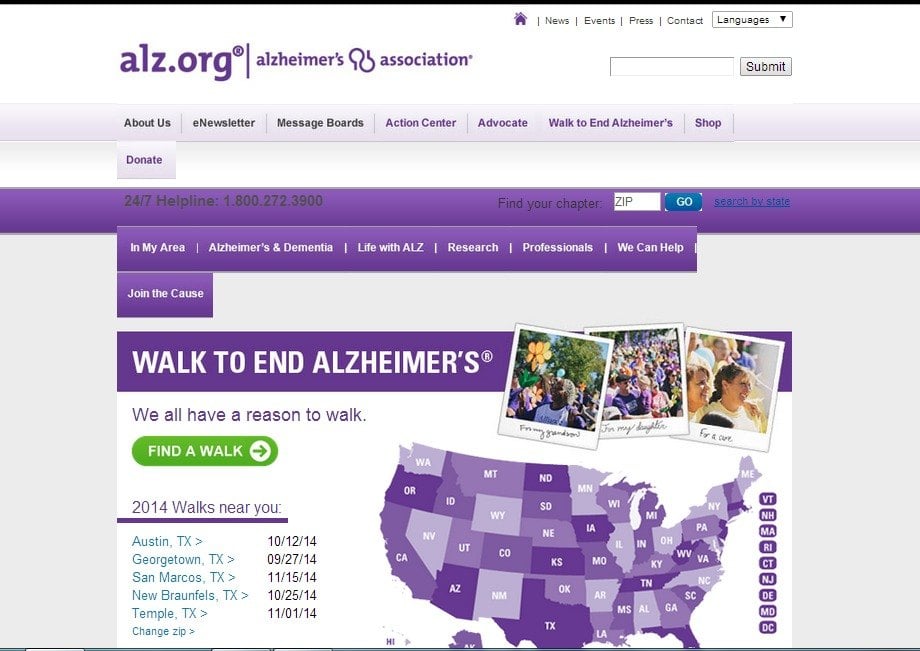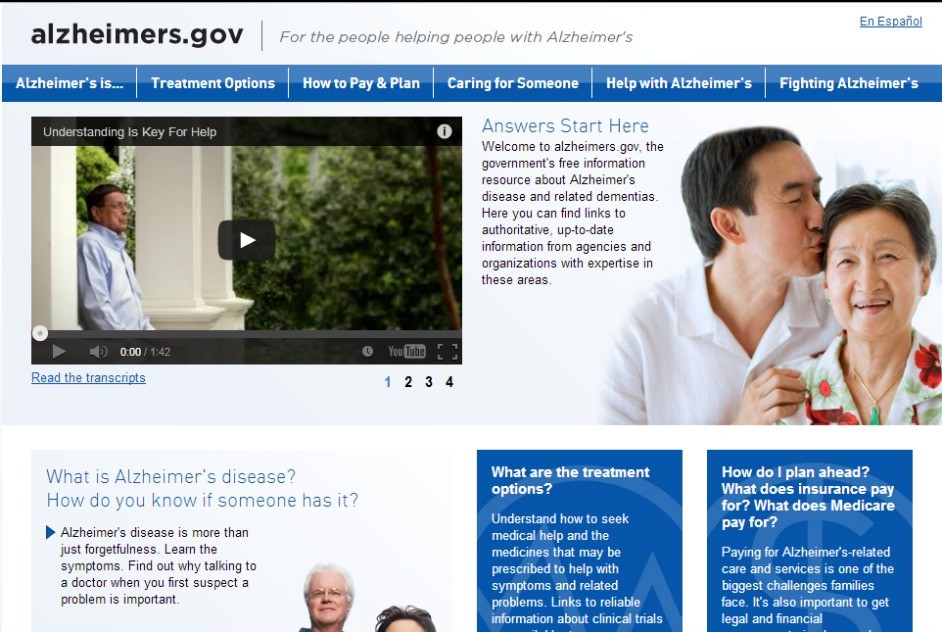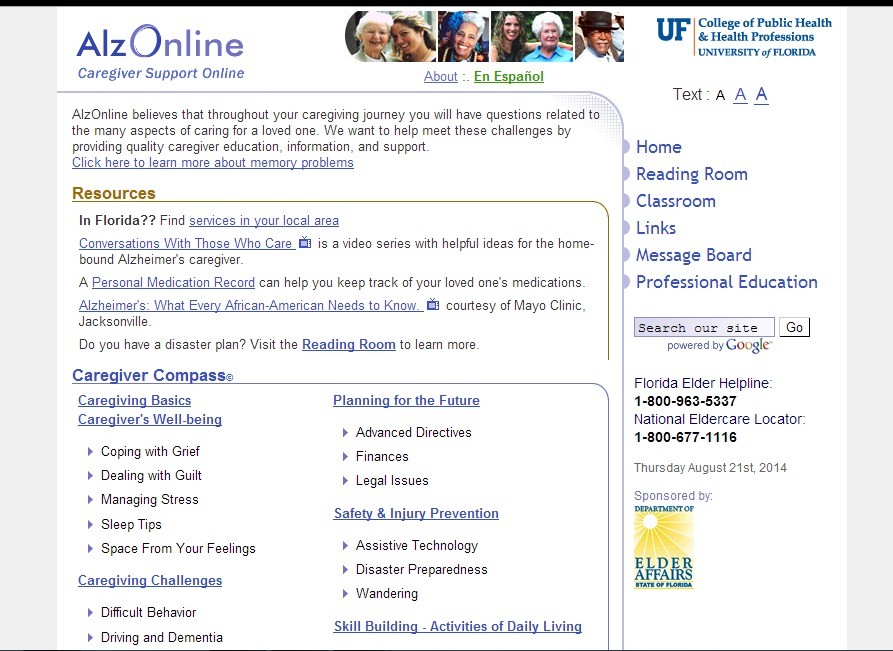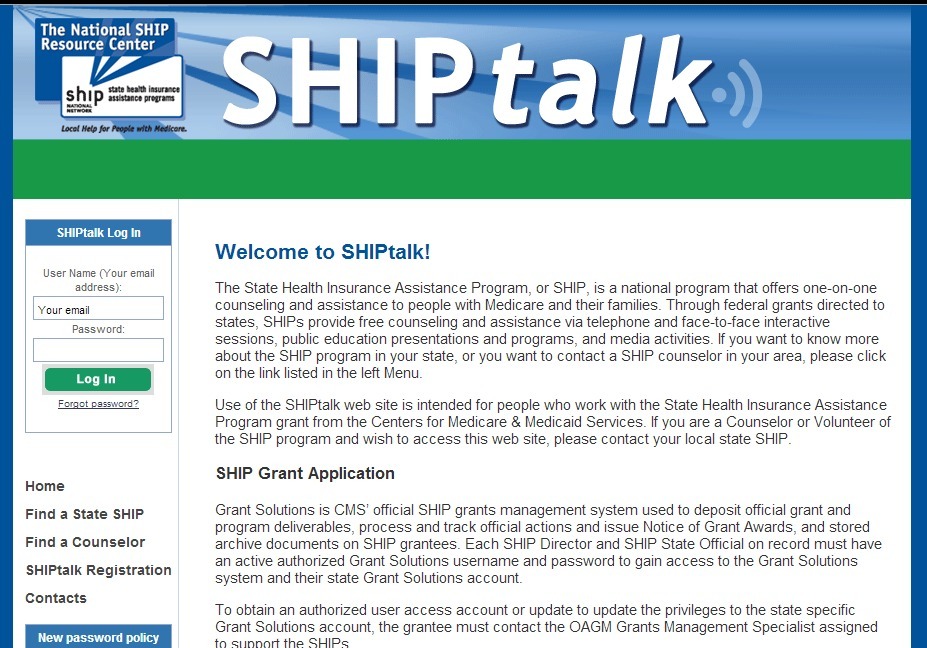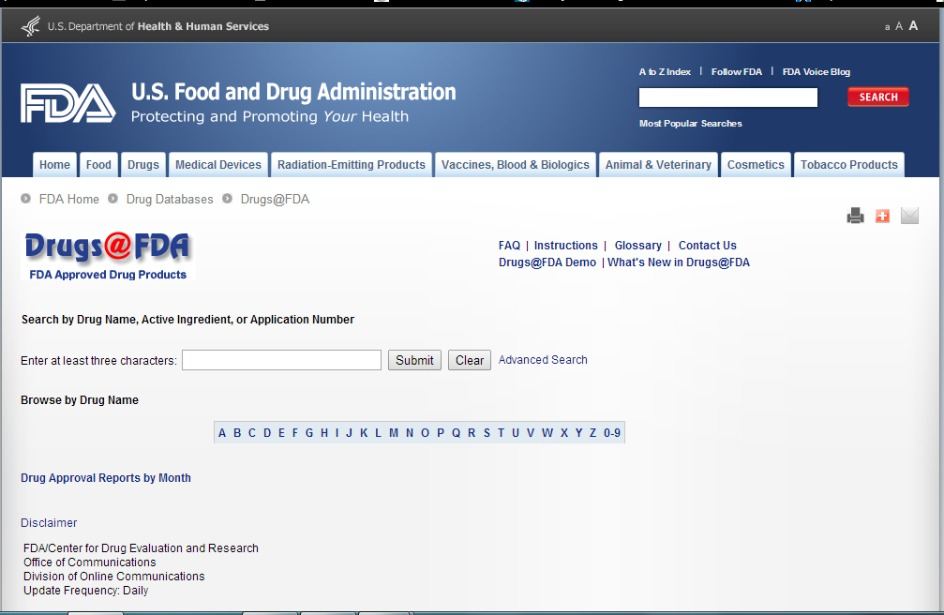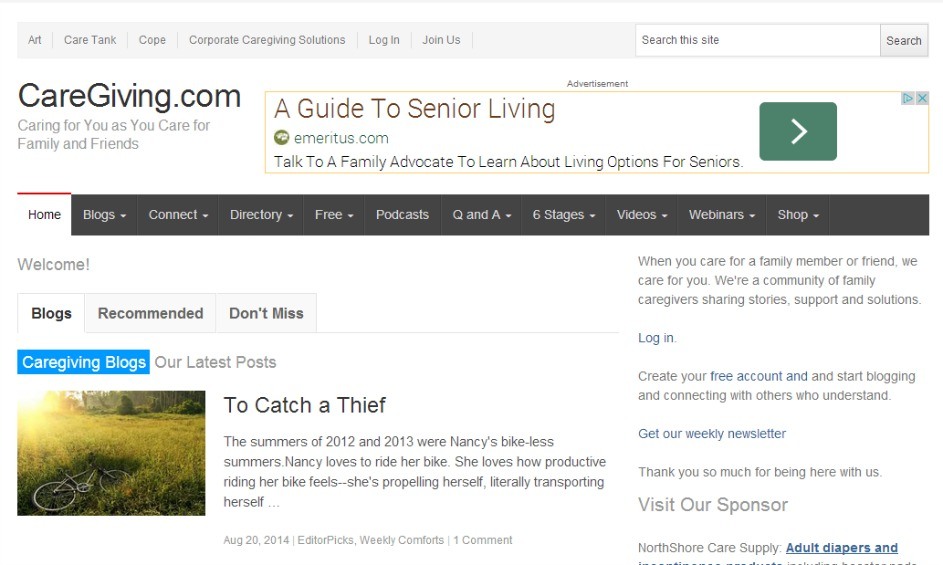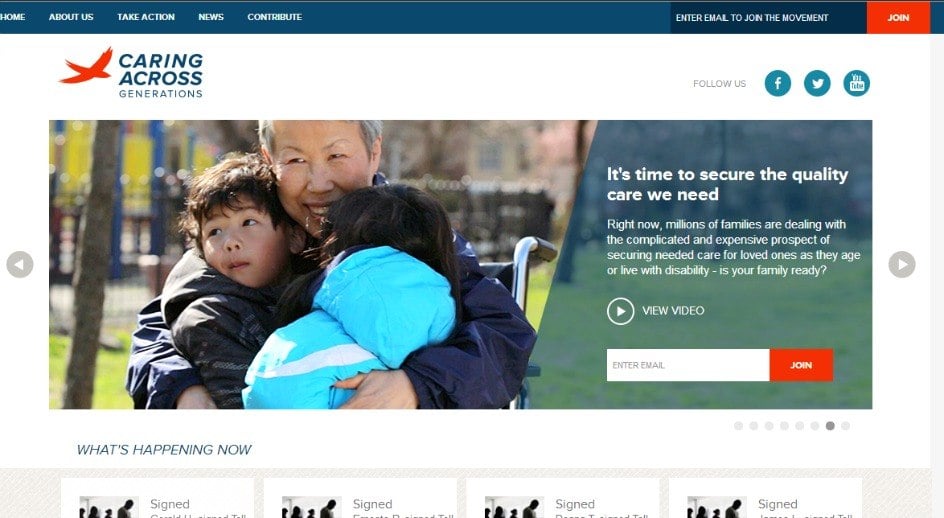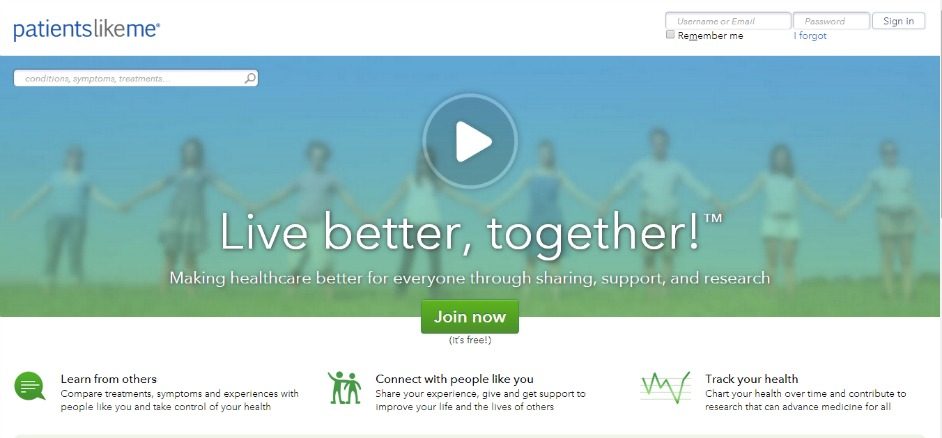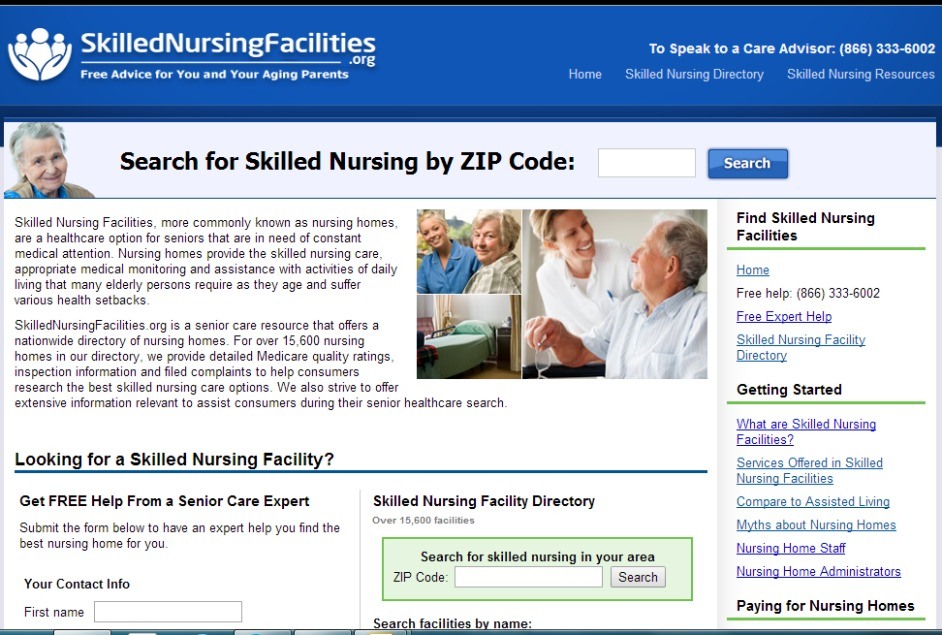Most people in the midst of giving care are stuck between guilt and stress and battling the relentless inner chatter of, “Do more, do more!” The pressure to do a good job is real, and to spend time mitigating the chatter is useless: a waste of time. If you’re a caregiver, that’s part of the deal. Even the Pew Research Center’s Internet and American Life Project has a thing or two to say about giving care in the U.S. “More health care is happening at home,” said Susannah Fox, associate director at the Center. “As more people are able to be saved by medical advances, their lives are being extended, but they’re also being sent home medically fragile. It’s caregivers who are the first line of defense.” So, how does one deal with the senseless pressure and stress of doing a perfect caring job when there’s not enough time? Firstly, acknowledge there’s no such thing as “perfect.” The Caregiver Stress Fact Sheet illustrates that you’re putting too much stress on yourself if you have any one of these symptoms:
Feeling overwhelmed Sleeping too much or too little Gaining or losing a lot of weight Feeling tired most of the time Loss of interest in activities you used to enjoy Becoming easily irritated or angered Feeling constantly worried Often feeling sad Frequent headaches, bodily pain, or other physical problems Abuse of alcohol or drugs, including prescription drugs.
Secondly, learn and accept that feelings like frustration, anger, loneliness, guilt and exhaustion are common and part of the deal. Next, take smart steps. People who take a problem-solving and active approach to care issues are less likely to feel the effects. And you’re less likely to feel stressed than those who worry too much. Get support, starting with good, local resources, such as: your doctor, local support groups, and libraries. Then go online. Here are the 25 best caregiving support websites that save time and stress when giving care.
1. Eldercare Locator
Eldercare Locator connects caregivers to needed local services and resources for older adult help. It’s a great resource when caring for people living with disabilities.
2. AssistedLivingFacilities.org
This site lists information on over 36,200 state-licensed assisted living facilities to help you locate the best assisted living facility for a loved one.
3. AARP
Information and support for people with Alzheimer’s disease and their caregivers. Operates a 24/7 helpline and care navigator tools.
4. Family Care Navigator
The Navigator helps caregivers locate public, nonprofit, and private programs and services nearest their loved one—living at home or in a residential facility.
5. Medicare.gov
This site offers what every caregiver needs to know. Get resources, stories, and newsletters about taking care of someone on Medicare.
6. Next Step in Care
Caregivers can download a variety of patient-care tools that instruct how to give better care.
7. HRSA
Health centers that care for you, even if you have no health insurance. You pay what you can afford, based on your income.
8. National Alliance for Caregiving
A nonprofit coalition of national organizations focusing on issues of family caregivers.
9. The Empowered Patient Coalition
This site provides resources enabling patients to take control of their medical treatments.
10. National Institute on Aging
Find a wide variety of research-based information and resources related to health and aging.
11. University of Kentucky
Self-care for patients and people seeking intentional actions to take to care for physical, mental and emotional health.
12. Best Hospitals by USNews.com
Find and rank the best adult and children’s hospitals. U.S. News analyzes data for almost 5,000 centers.
13. The National Clearinghouse for Long-term Care
Find information and tools to plan for future long-term care needs, and learn all about long-term care.
14. HomeHealthCareAgencies.com
Extensive home health care information and a directory listing of over 12,445 Medicare-certified home health agencies and 20,746 other home care companies.
15. Social Security Administration
Information on retirement and disability benefits, including how to sign up.
16. Veterans Administration
Support and services for families caring for veterans. This site has a VA caregiver support line and offers useful information on taking care of a veteran and how to learn to care of yourself too.
17. Alzheimer’s Association
Get information and support for people with Alzheimer’s disease and their caregivers. Operates a 24/7 helpline and care navigator tools.
18. Alzheimers.gov
Access the government’s free information resource about Alzheimer’s disease and related dementias.
19. AlzOnline
This site offers quality caregiver support, education, and information.
20. State Health Insurance Assistance Program
A program that offers one-on-one insurance counseling and assistance to people with Medicare and their families in all states.
21. FDA.gov Drugs@FDA
Search by drug name, active ingredient, or application number for medications you need help understanding.
22. Caregiving.com
When you care for a family member or friend, this site cares for you; a community of caregivers sharing stories, support and solutions.
23. Caring Across Generations
Brings together aging Americans, people with disabilities, workers, and their families to protect all Americans’ right to choose the care and support they need.
24. Patients Like Me
Making healthcare better for everyone through sharing, support, and research. Learn from others. Connect with them. Track your health.
25. SkilledNursingFacilities.org
Offers a nationwide directory listing of over 15,600 nursing homes. It also gives detailed Medicare quality ratings, inspection information and filed complaints to help consumers research.
Use these 25 information-packed, caregiving support websites to help you deal with the frustrations that accompany giving care. You’ll find peace of mind and relief. Good health! Good caregiving. And most of all take good care of yourself! Featured photo credit: LivHOME via livhomeblog.com
